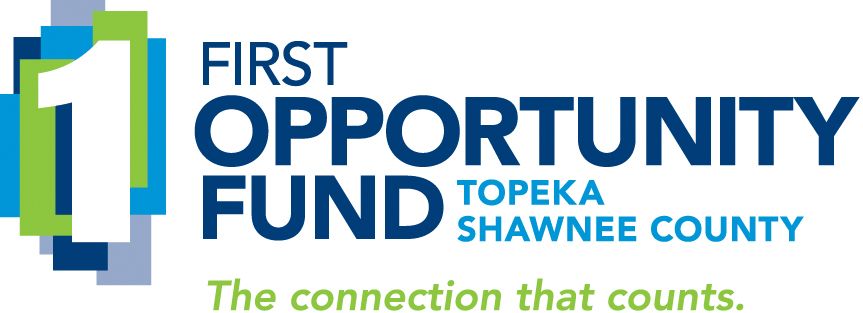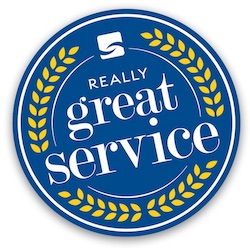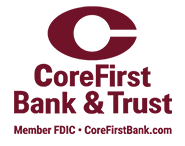Doing the minimum.
This has such a negative connotation in our culture, but what if you embraced that concept? What’s the minimum you need to do in order to create the desired impact or change?
Borrowing from the lean start up movement, let’s call it your Minimum Viable Product (MVP).
In a highly regulated industry like banking, it’s hard to innovate and differentiate. But sometimes what’s holding you back is the desire to perfect something that really needs a road test before it can be refined.
I’m referring to the great ideas that come from a focus group, customer survey or employee retreat. A great idea emerges, but the plan to bring it to fruition never gets approval, buy-in or budget to get it launched.
Case study
One financial institution we work with recently articulated their values in a bold new way. They realized that a shift in the internal culture was required in order to live those values. Instead of waiting on the launch for every detail to be planned out, they simply started.
They talk about their values in weekly meetings and challenge each other to translate them into actions that help customers and grow the business. There’s nothing fancy about it; no printed materials or paid advertising. They talk, they do and then they report back to encourage each other to do more the next week. And each employee has a budget to try out ideas.
With this approach, they are gradually shifting away from the old way of doing things into the new way. They are free to test out new ideas and allowed to fail, knowing that every failure is an opportunity to do better the next time.
Tips to get the maximum from your MVP:
- Provide the big picture and enough structure to start so that expectations are clear—for the customer as well as for the employees. If things are “mushy,” your MVP is not ready for launch.
- Any MVP should complement and strengthen your brand and purpose.
- Empower your team to try things—and to fail occasionally.
- Monitor and share progress so that everyone knows what’s changing or not, and what’s working well and what’s not.
- It’s ok to kill a product or promotion. Not all ideas are built to last or will be successful.
When organizations are too focused on perfecting a new product or service, great ideas stagnate and stall. The key is to move quickly, keeping what works and leaving behind what doesn’t. An idea doesn’t have to be perfect before you try it. But doing nothing erodes your competitive edge.
If you need help launching your MVP, call Alexandra Reilly at 785.383.3689.
























